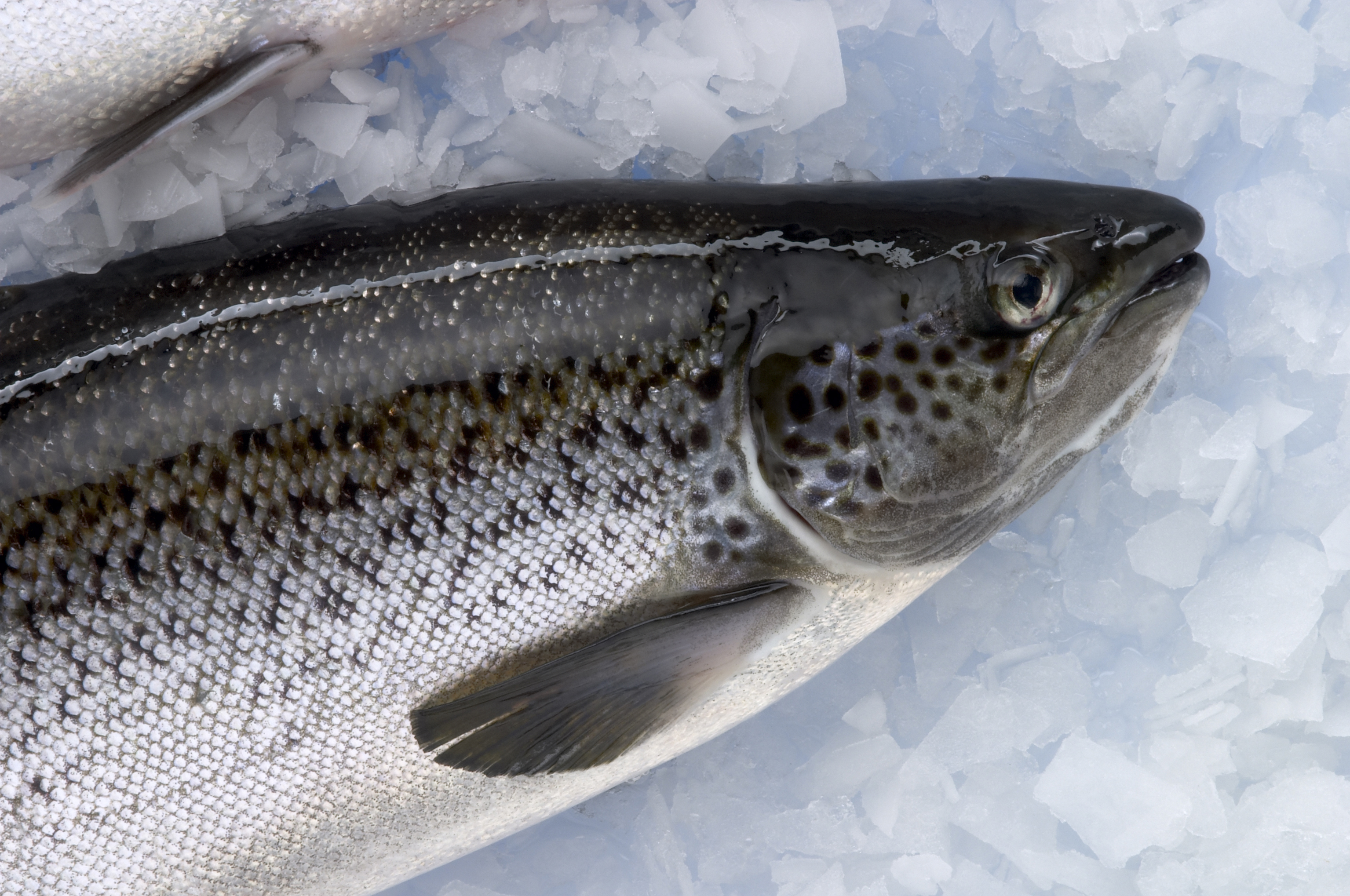
FDA Nominee Sails through Senate Committee, but Could a Fish Stand in His Way?
A Senate health committee on Tuesday easily advanced the nomination of former Duke University researcher and cardiologist Robert Califf as the next commissioner of the Food and Drug Administration. But Califf, while widely expected to win confirmation from the full Senate, faces at least one surprise hurdle on the way to his new job: genetically engineered salmon.
Sen. Lisa Murkowski (R-Alaska) told her colleagues on the committee that met Tuesday to vote on Califf's nomination that she is willing to stall it until he and FDA agree to mandatory labeling requirements for the AquaAdvantage salmon.
January 12, 2016 | Source: The Washington Post | by Brady Dennis
A Senate health committee on Tuesday easily advanced the nomination of former Duke University researcher and cardiologist Robert Califf as the next commissioner of the Food and Drug Administration. But Califf, while widely expected to win confirmation from the full Senate, faces at least one surprise hurdle on the way to his new job: genetically engineered salmon.
Sen. Lisa Murkowski (R-Alaska) told her colleagues on the committee that met Tuesday to vote on Califf’s nomination that she is willing to stall it until he and FDA agree to mandatory labeling requirements for the AquaAdvantage salmon.
The salmon, produced by Massachusetts-based AquaBounty and approved by the agency in November, is an Atlantic salmon that contains a growth hormone from a Chinook salmon and has been given a gene from the ocean pout, an eel-like fish. The result is a fish engineered to grow twice as fast as its natural counterpart. The first genetically altered animal approved for human consumption, it has been the subject of long-running fights involving food-safety activists, environmental groups and the salmon fishing industry.
Murkowski helped insert language last month in a massive federal spending bill, directing FDA to prevent the AquaBounty product from reaching the U.S. market until regulators finalize labeling guidelines. It also tells the agency to spend “not less than $150,000” on that effort. On Tuesday, the senator said she wants to make sure FDA knows that “voluntarily labeling is not adequate. I’m going to be pushing for further conversations with Dr. Califf on this.”
Vermont senator and Democratic presidential candidate Bernie Sanders, who did not attend Tuesday’s brief committee session, reiterated his opposition to Califf’s confirmation. “We need a leader at the FDA who is prepared to stand up to the drug companies,” he said in a statement. “We need someone who will work to substantially lower drug prices, implement rules to safely import brand-name drugs from Canada and hold companies accountable who defraud our government. Dr. Califf is not that person.”
